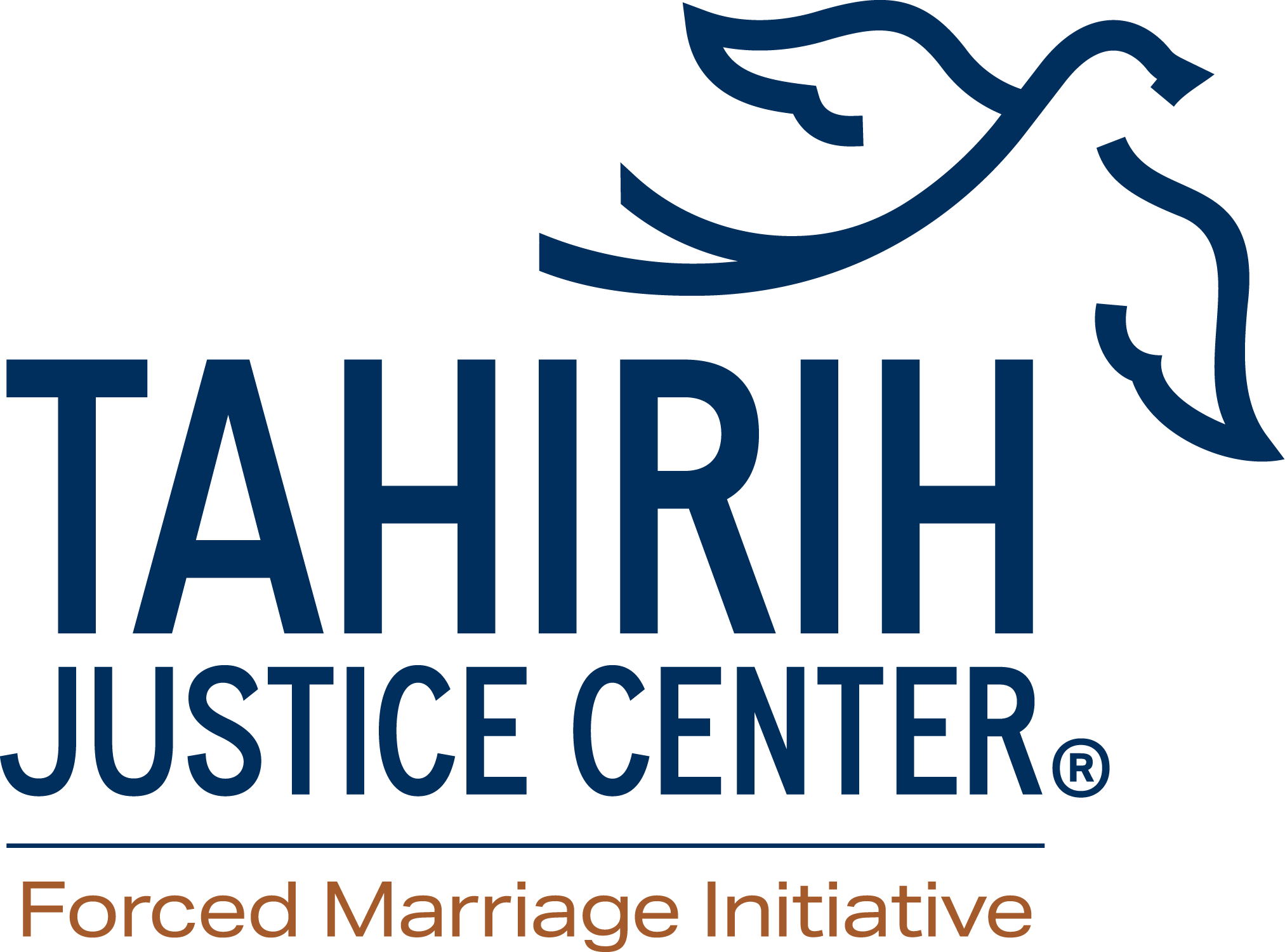Forced Marriage Overseas: Burma
Overview
Individuals from the United States will likely face serious hurdles and substantial risks if trying to avoid and/or escape marriages in Burma (also called Myanmar). Despite recent movement toward reforms, violence against women, including domestic violence, forced marriage, and human trafficking, is still widespread. Forced marriages of young women to members of the Burmese military are not uncommon in certain regions, and there are few resources and laws offering protection to victims.
For further information and guidance for individuals from the U.S. that are facing or fleeing a forced marriage in Burma, please contact the Forced Marriage Initiative.
Marriage in Burma
Women and girls in Burma have few rights when entering into or attempting to dissolve a marriage. Individuals are subject to a complex system of civil and customary laws that apply to specific religious and ethnic groups (Buddhist, Muslim, Parsi, Hindu, Christian, and native Christian) in country.1 There are varying minimum age requirements for marriage, and most civil and customary laws call for consent of a parent or guardian if a woman is under the age of 20. There are no laws on forced or child marriage in Burma, and marriages are often arranged or influenced by parents, families, and community members. Females in rural areas often marry early, between the ages of fourteen and seventeen. While laws in Burma provide varying grounds for divorce, it is relatively infrequent, and an individual’s ability to obtain a divorce is often determined by local custom. If a woman’s attempt to divorce is not recognized by local elders and leaders, it will often carry no weight in the community.2
Potential Risks and Protections in Country
Most reports indicated that despite alleged government efforts to stop forced marriage and statistics showing some success, there is no law against domestic violence in Burma. Although rape is prohibited under the law, victims are often pressured to marry their rapists as a way to salvage their and their families’ honor. Ethnic non-Burmese women are often victims of sexual assaults perpetrated by members of the Burmese military, and such cases are rarely investigated and prosecuted.3 Women and girls in certain regions may also be forced to marry military personnel, and fear reprisals if they refuse proposals from soldiers. Families may also pressure women and girls to marry in such situations, due to the belief that marrying a member of the military will eliminate the risk of rape and other acts of violence, prevent forced labor, or relieve the pressure of military demands on the community.4
Corruption amongst law enforcement is widespread. Police may not be responsive to forced marriage situations, particularly given military control and oversight of law enforcement. After experiencing situations of violence, many women (especially in rural areas) do not even consider using the legal system, which is reported to be unreliable and unpredictable.5
Special Challenges in Returning to the United States
Please check the entry and exit requirements for Burma for the most up to date information.
- The Tahirih Justice Center Forced Marriage Initiative
We are available to help individuals from the United States who are facing or fleeing forced marriage in Burma, including providing phone, text, and email support, connecting with the U.S. government and local resources, and coordinating shelter and services back in the United States.
- The U.S. State Department
The State Department is available to assist U.S. citizens that are victims of forced marriage with replacement of travel documents and return travel to the United States. For updated information and travel alerts, please visit the department’s webpage on international travel in Burma. - U.S. Embassy Rangoon
Contact the embassy in the case of an emergency.
Tel: (95)-(1) 536-509
Email: consularrangoon@state.gov
REFERENCES
1 Aye Kyaw, Religion and Family Law in Burma (Southeast Asia Program Fellow Cornell University), also published in Tradition and Modernity in Myanmar: Culture, Social Life and Language (1994).
2 Brenda Belak, Gathering Strength: Women From Burma on Their Rights, Woman & The Law (2002), available at http://www.ibiblio.org/obl/docs/GS13.law.pdf.
3 Women’s League of Burma, Same Impunity, Same Pattern: Report on Systematic Sexual Violence in Burma’s Ethnic Areas, available at http://kachinwomen.com/images/stories/publication/sameimpunitysamepattern_english-final.pdf (last visited January 28, 2014).
4 Brenda Belak, Gathering Strength: Women From Burma on Their Rights, Woman & The Law, at 239-240 (2002), available at http://www.ibiblio.org/obl/docs/GS13.law.pdf.
5 Id.



